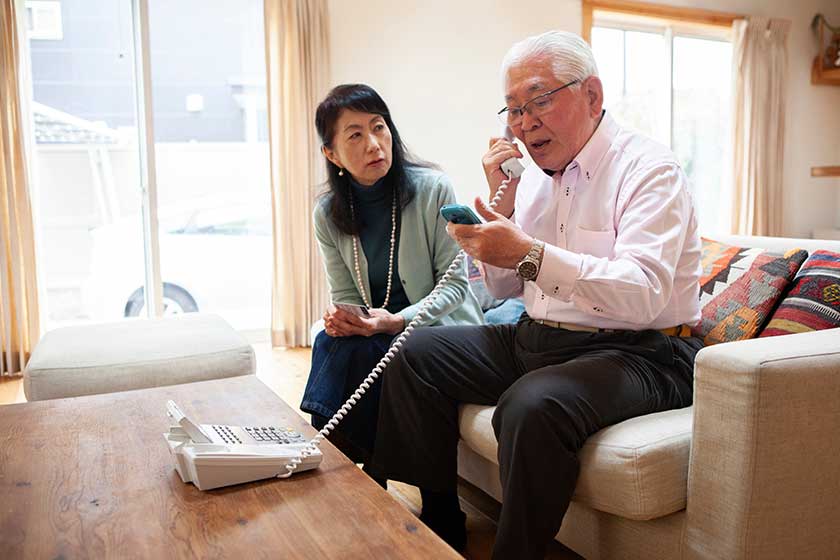When a person with dementia experiences a certain behavior, it can be difficult to understand what they are going through. In fact, the person may not even be aware that they are doing something out of the ordinary. As a result, you might feel confused or frustrated when your loved one exhibits strange behaviors-but there’s no reason for that! Understanding how experts in memory care in Palm City, FL respond to different dementia behaviors will help you respond appropriately when these situations arise in your own home.
The following is a list of dementia behaviors and how experts respond to them:
Wandering
Wandering is a common problem among people with dementia. It can be confusing, frustrating, and dangerous for caregivers, family members, and other loved ones as well as the person who wanders.
It’s important to understand that wandering is often caused by confusion. When someone wanders, it may be due to an inner need or desire and not really about getting away from their current location or situation. Sometimes wandering is a response to boredom; other times it can mean loneliness or anxiety in your loved one’s life. In some cases, a change in routine might initiate the behavior of wandering that has nothing at all to do with any kind of real physical comfort level; instead, it may be related more closely to depression than anything else!
Memory Care Experts know that wandering can cause serious problems for the person and their loved ones, so they’ve come up with some solutions to help keep your loved ones safe:
- Use bells on doors or door handles to alert you when they’re opened. You can also place bells on furniture legs so that you’ll be alerted when someone bumps into it.
- Be careful about locking doors behind yourself because this can upset your loved ones when they don’t realize what’s happened until later in the day!
Paranoia
Paranoia is a common symptom of dementia. If you notice your loved one acting paranoid, you may wonder what to do. Here are some suggestions:
- Ensure your loved one has enough privacy and quiet time during the day. It’s easy for people with dementia to misinterpret normal noises or activity as being someone trying to hurt them, so giving them space will help calm their nerves.
- Allow your loved one to pace around their room if they feel nervous or scared about something. This can help manage anxiety levels, especially if your loved one is unable to express their feelings at the moment verbally.
Repetitive Speech or Gestures
Repetitive speech or gestures are pervasive in people with dementia. They can sometimes be a sign of anxiety or confusion, so it’s important to respond appropriately to these behaviors in order to reduce stress and help the individual feel more comfortable.
A good way to start is by using a calm tone when addressing the person who is exhibiting this behavior. This sends a nonverbal message that you are not upset with them personally, which will make them less likely to become defensive and more likely to cooperate with your requests.
Your next step should be asking open-ended questions like “What are you thinking about?” or “Where do you think we are going?” This lets them know that it’s okay for them to talk about whatever they want—and gives them confidence that their thoughts won’t be dismissed as nonsense (which may lead them away from doing things like repetitive speech).
Aggression
Dementia-related aggression often occurs when people become frustrated with not being able to communicate as effectively as before; therefore, it’s essential that caregivers make sure there are plenty of ways for residents with dementia (and their caregivers) to communicate—with each other and others outside of the home environment like churches or community programs!
Try talking to them calmly and asking them what they want. For example, “Mom/Dad, why are you hitting me?” This will give your loved one a few seconds to calm down and think about what’s happening.
Another way Memory Care Experts help with this behavior is by providing an outlet for aggression at an appropriate time and place—like in the gym or on a walk around the block.
Conclusion
The most important thing to remember is that you cannot control your loved one’s dementia, but you can control how you respond by using the techniques described here. Once you better understand what triggers certain behaviors and how to respond appropriately, it becomes much easier for everyone involved.





